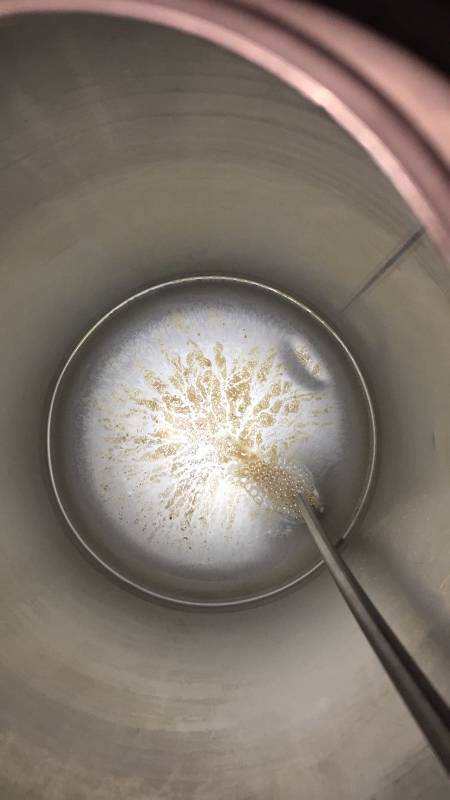FWIW now, and sorry to revive an older thread, but I use plastic fermentors and bottle. I’m not about to invest more time or money in the hobby beyond what I consider decent beers I already make, however oxidated they happen to have been, which in bottling is considerable. I brewed a fairly hoppy ipa recently, when my previous experience had been a drop off in aroma and flavour and taste , in all my ipa attempts. To my last one, I added Ascorbic Acid during dry hop, and my results were quite positive. No drop in flavour or aroma, and taste was consistent over 3 months it all lasted. I’m considering using AA in my currently cold crashing lager in an attempt to help it stave off oxidation. Got a thread on here which I am updating findings on.




